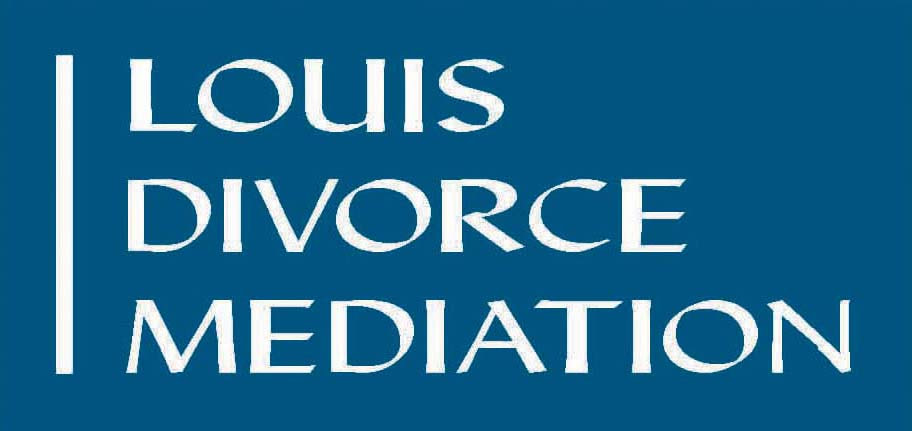Louis Divorce Mediation ~ Online and In-Person Mediation in Chicago
|
I have recently read discussions that refer to mediation as being adversarial. I disagree with this characterization of mediation as an adversarial process. To me, the term adversarial describes conflict, where hostility and opposition to hearing others’ viewpoint stand out.
In my mediation practice, while I concede that spouses who are divorcing are often not in agreement on their plan for moving forward, my efforts from the start focus on creating an environment to promote constructive communication, empowering each spouse to use her/his voice and speak to personal needs and interests. I want the space in which we are meeting, whether in person or remotely, to offer comfort and safety. Through that lens, where I am using my facilitative skills to promote problem solving, I cannot picture mediation as being adversarial. Spouses are involved in a serious conversation, concentrated on creating specific plans for ending their marriage. Is that adversarial? I hope not. In fairness, some come to mediation through a different path. Clients, after being embroiled in the litigation process, may be referred by the court system to mediation. Essentially, the couple is being asked to forget about the litigation experience, which is quite often polarizing, and shift into problem-solving mode. And in many cases, litigating attorneys may themselves participate in sessions with the mediators, still maintaining the posture of being zealous advocates for their clients. Contrast these two circumstances: Clients who come into mediation on their own, perhaps bringing attorneys who understand and support the process, arrive with a goal of seeing our work as solving a human problem and meeting human needs. Clients who come into mediation on their own, perhaps bringing attorneys who understand and support the process (a practice I wholeheartedly endorse), arrive with a goal of seeing our work as solving a human problem and meeting human needs. On the other hand, clients who come into mediation from litigation, especially when ordered by a judge to do so, and particularly when litigating attorneys are involved, may see their divorce as a legal problem to be solved. This may take the form of negotiating over the subjectivity of the law and who has the “better case,” instead of meeting the human needs of the family that is facing a significant life transition. Perhaps the message here is that, the sooner a couple determines that mediation is right for them, the more likely that process will be experienced as non-adversarial.
0 Comments
Leave a Reply. |
Categories |
David Louis, MPA, CDFA® • Louis Mediation Services - Chicago
|
Chicago Office: 1700 W Irving Park Rd., Suite 105, Chicago, IL 60613
Northbrook Office: 555 Skokie Blvd., Suite 500, Northbrook, IL 60062 |
Copyright © 2024


 RSS Feed
RSS Feed